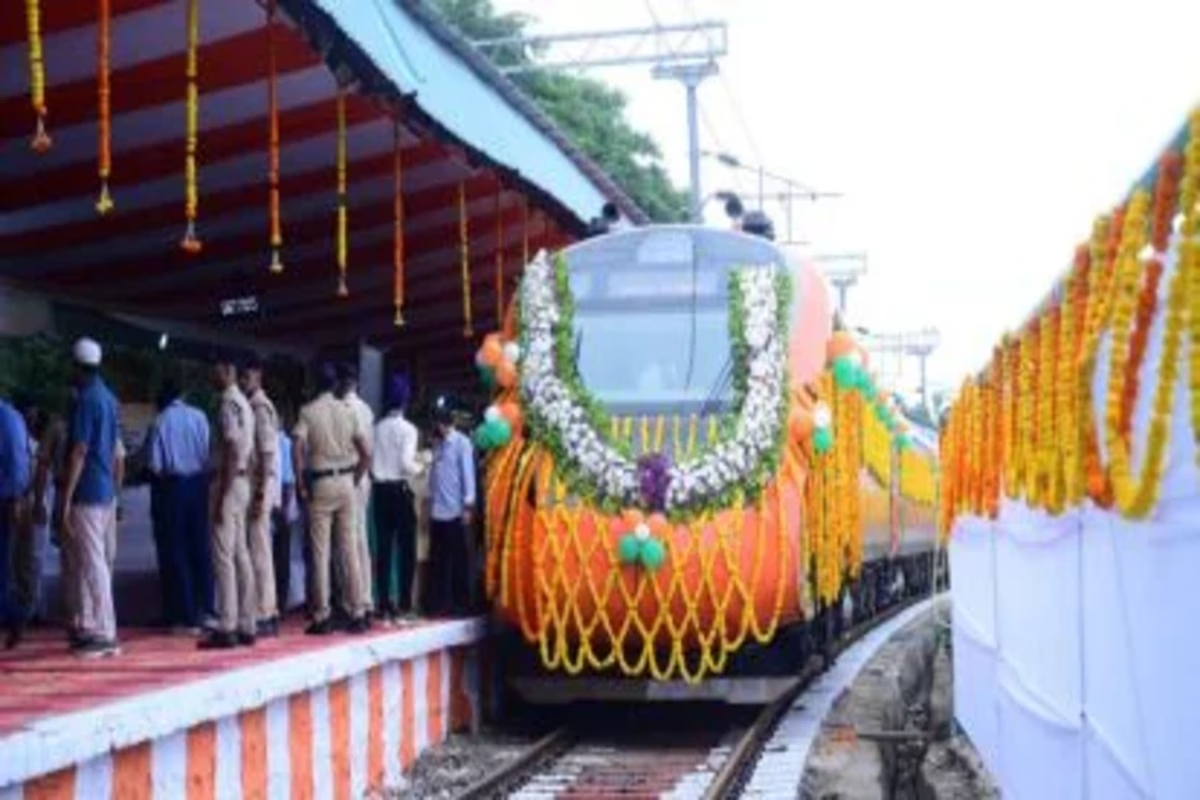In a major step towards revolutionising passenger travel, Railway Minister Ashwini Vaishnaw on Wednesday announced that the Indian Railways will develop dedicated passenger corridors designed for speeds up to 350 kmph, with an operational speed of 320 kmph. The initiative is aimed at meeting India’s rising passenger demand while easing congestion on existing routes.
Dedicated high-speed passenger corridors
Speaking at the International Railway Equipment Exhibition, Vaishnaw said that with India’s population of 1.4 billion, there is an urgent need to expand rail capacity through passenger-only lines. These corridors will feature state-of-the-art signalling systems, Operations Control Centres (OCCs), and the highest safety standards.
DON'T MISS
The project envisions the construction of around 7,000 km of passenger corridors across the country over the next two decades. According to the minister, these will transform long-distance travel by improving punctuality and providing faster, smoother, and more comfortable journeys.
Vande Bharat 4.0 on the horizon
Highlighting India’s rapid progress in train technology, Vaishnaw said that the Vande Bharat 3.0 trains already meet global standards, accelerating from 0 to 100 kmph in just 52 seconds—a performance that surpasses several trains in Japan and Europe.
The next model, Vande Bharat 4.0, is set to debut within 18 months, featuring enhanced seating, upgraded toilets, and refined craftsmanship. “Vande Bharat 4.0 should be so advanced in quality and comfort that countries around the world aspire to adopt it,” Vaishnaw said.
Commitment to indigenous innovation
Reaffirming the government’s focus on ‘Make in India’, the minister stressed that all upcoming rail technologies—including the new high-speed systems—will be developed indigenously. He directed officials to maintain strict quality control, cautioning suppliers that substandard products will lead to blacklisting.
Vaishnaw also announced that India’s first hydrogen-powered train, equipped with a 2,400-horsepower engine, has been entirely developed domestically. “We will not import this technology. We will design it ourselves,” he asserted.
With these initiatives, Indian Railways is set to enter a new era of high-speed, sustainable, and world-class travel, positioning India among the global leaders in modern rail innovation.
